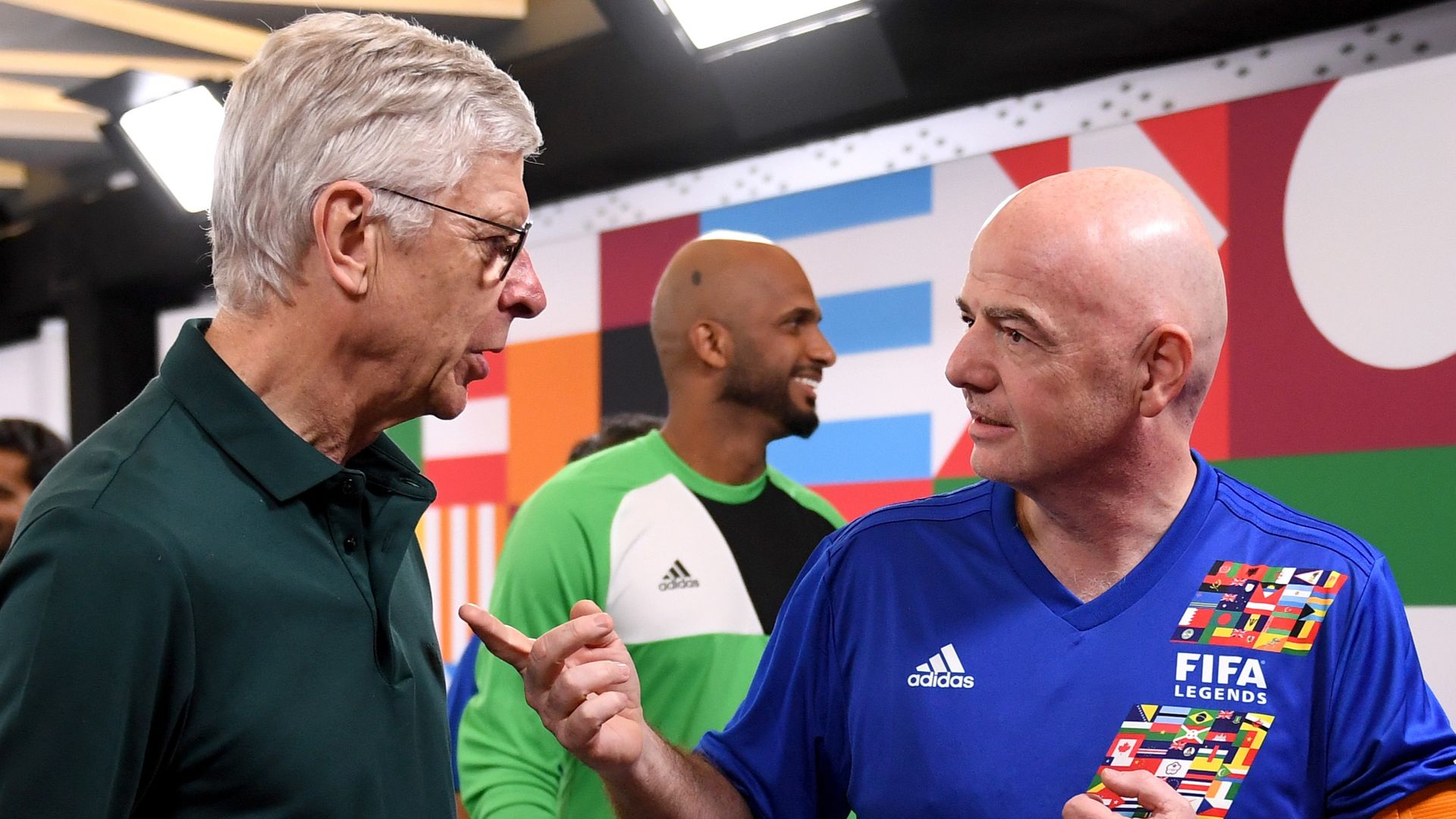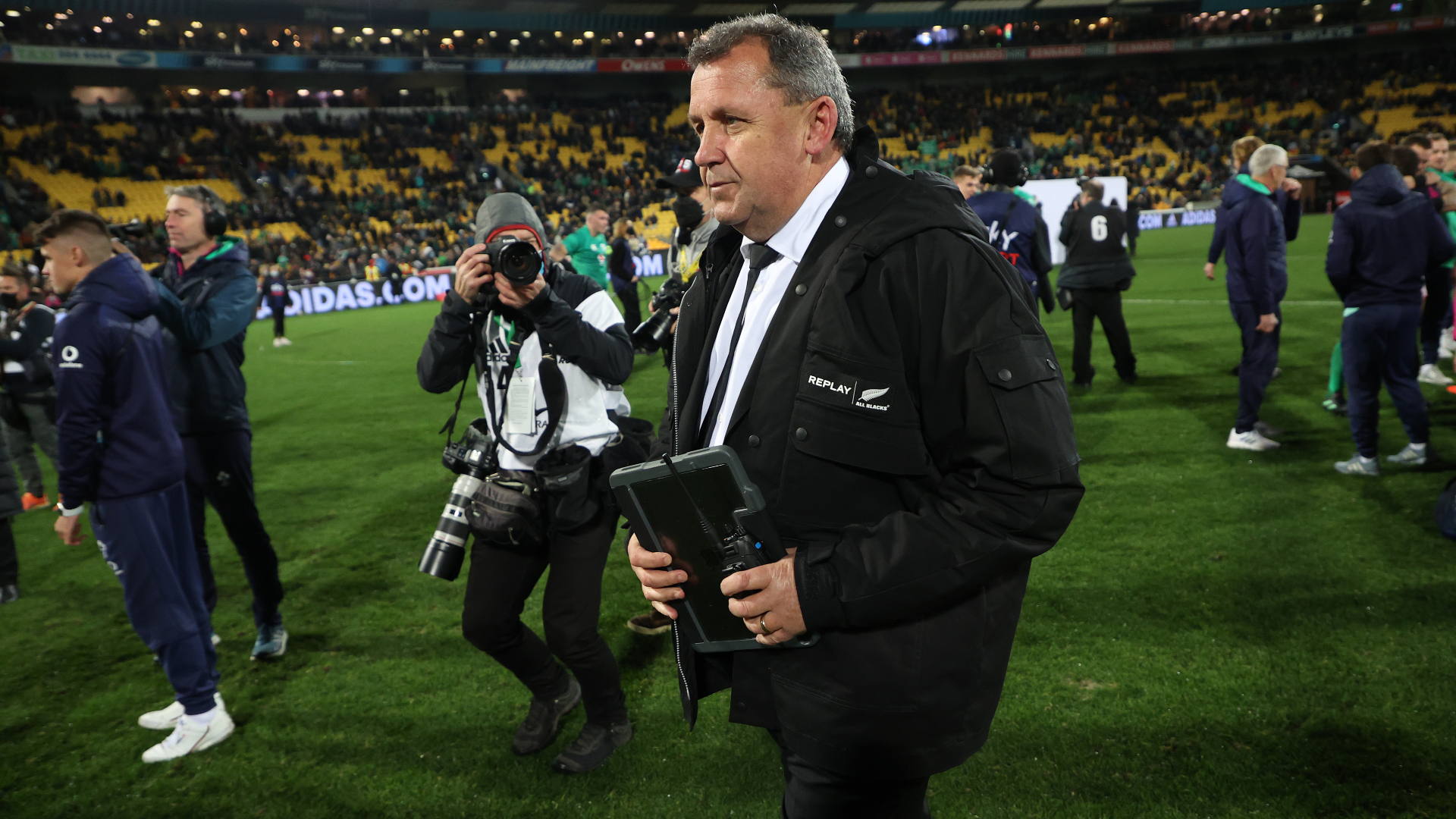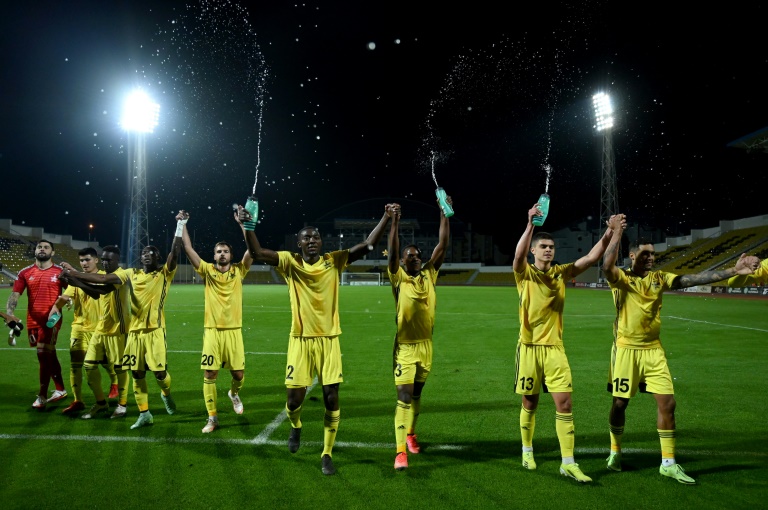
Gianni Infantino believes FIFA currently has majority support among national associations for its plans to stage World Cup tournaments every two years.
The FIFA president gave that verdict at the world governing body’s global summit on Monday, where FIFA-commissioned studies said the game would receive a significant financial boost if the plans are approved.
The overall boost would amount to $4.4billion in the first four-year cycle of a new international calendar, it was claimed, and that would climb to $6.6billion if each confederation also switches its regional competition to become biennial.
Currently, the men’s and women’s World Cups take place every four years, but dramatic change could be coming.
“Not only is it feasible from a sporting point of view, but the economic return is very strong,” said Infantino, “meaning more money can be invested, re-invested, into football development all over the world.
“This is quite an important project to bridge the gap between those who have and those who don’t have. At the end of the day, everyone will benefit. Everyone will have additional possibilities to play and additional revenue as well.”
The powerful European and South American confederations, UEFA and CONMEBOL, have refused to support FIFA’s plans, but there is support from within Asia, Africa and the CONCACAF region that covers North and Central America, plus the Caribbean.
FIFA issued studies that showed solidarity funding for each of its 211 national associations rise from $6million to “potentially” $25million for the first four-year cycle of an era of biennial World Cups.
Such a rise holds clear appeal to many associations, given its potential to be transformative, and Infantino said in a news conference: “If I was going to a vote tomorrow, probably the majority would vote in favour of World Cups every two years.”
He has declined to say when such a vote might take place, at this stage.
FIFA’s plans have been driven in part by former Arsenal manager Arsene Wenger, now the head of global development and Infantino’s right-hand man on this matter.
Wenger said there was “fear” within the football establishment about the proposals and called for that to be banished.
“We face opposition,” said Wenger, “but what I regret is that 90 per cent of this opposition is emotional and not facts and not analysis. And we have to get over this fear because most of the emotions we face are based on fears: fear to lose control of your own competition. There is a demand from the young fans; there is a demand in society for meaningful events.
“If we don’t create them, another sport will create them. We have an opportunity to give countries an opportunity to improve, and I think it’s worth it to fight for it. It is 211 countries that make that decision. We will accept that decision.”
Infantino, sharing the stage with Wenger, also said he had encountered “a lot of opposition” but spoke too of “a lot of voices in favour”.
“FIFA is a global organising body and for this reason we have to combine these points of view,” the FIFA president said.
Europe’s big-money leagues have expressed strong opposition to the prospect of international football becoming a bigger presence on the calendar, with concerns for player burnout being raised by a number of top managers.
Infantino made a curious attempt to allay fears the Olympics might be affected by pointing to there being Olympic Games every two years already – winter and summer editions.
Of those, the summer Olympics secures by far the biggest audiences, and the prospect of any clash with international football for that multisport showcase would be unwelcome.
Infantino stressed that FIFA is confident the appeal of the World Cup would stand up, even if the tournament comes around more often in future. The men’s tournament has been staged every four years since 1930, except in 1942 and 1946 due to the Second World War.
The FIFA chief said: “The prestige of a competition like the World Cup will not be undermined by playing more frequently.”








